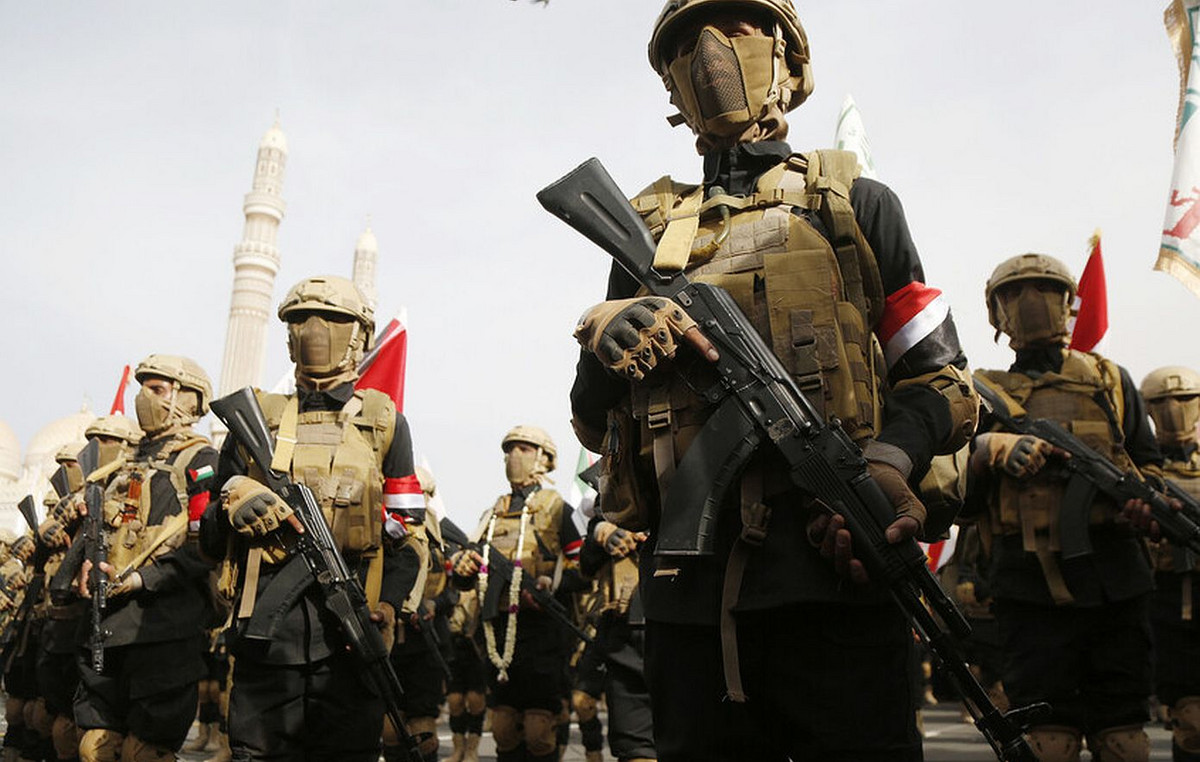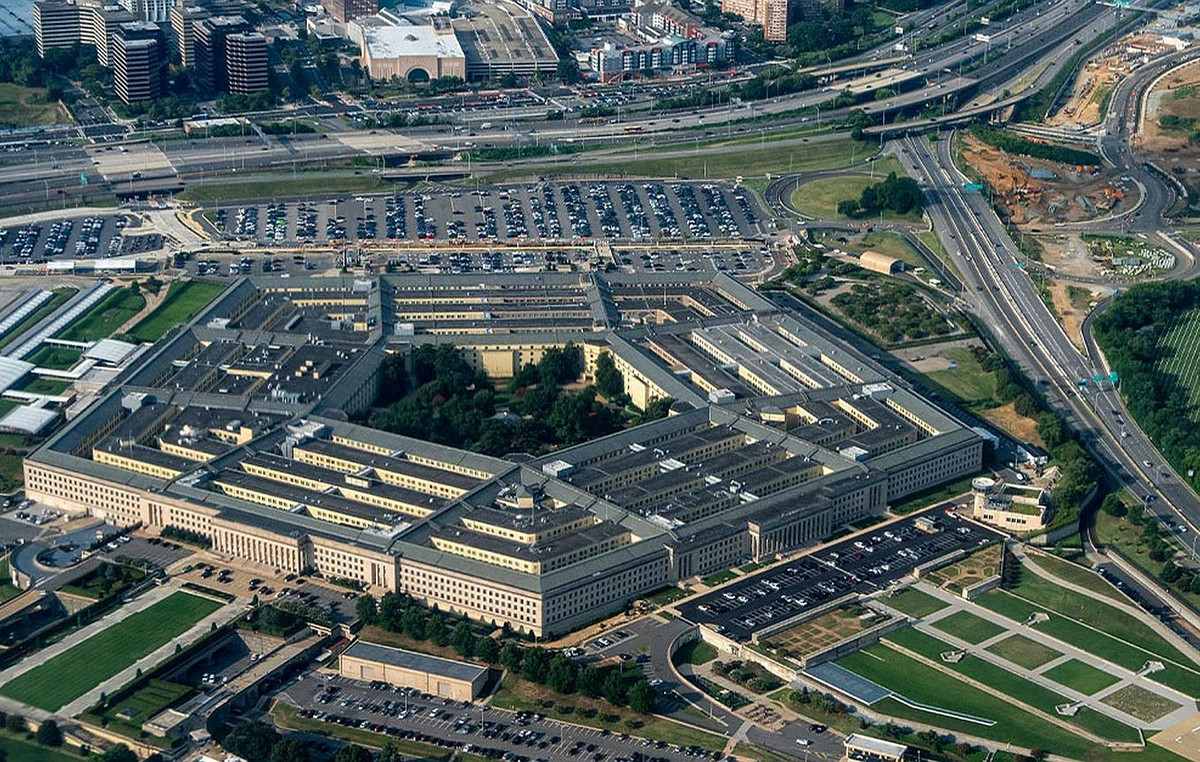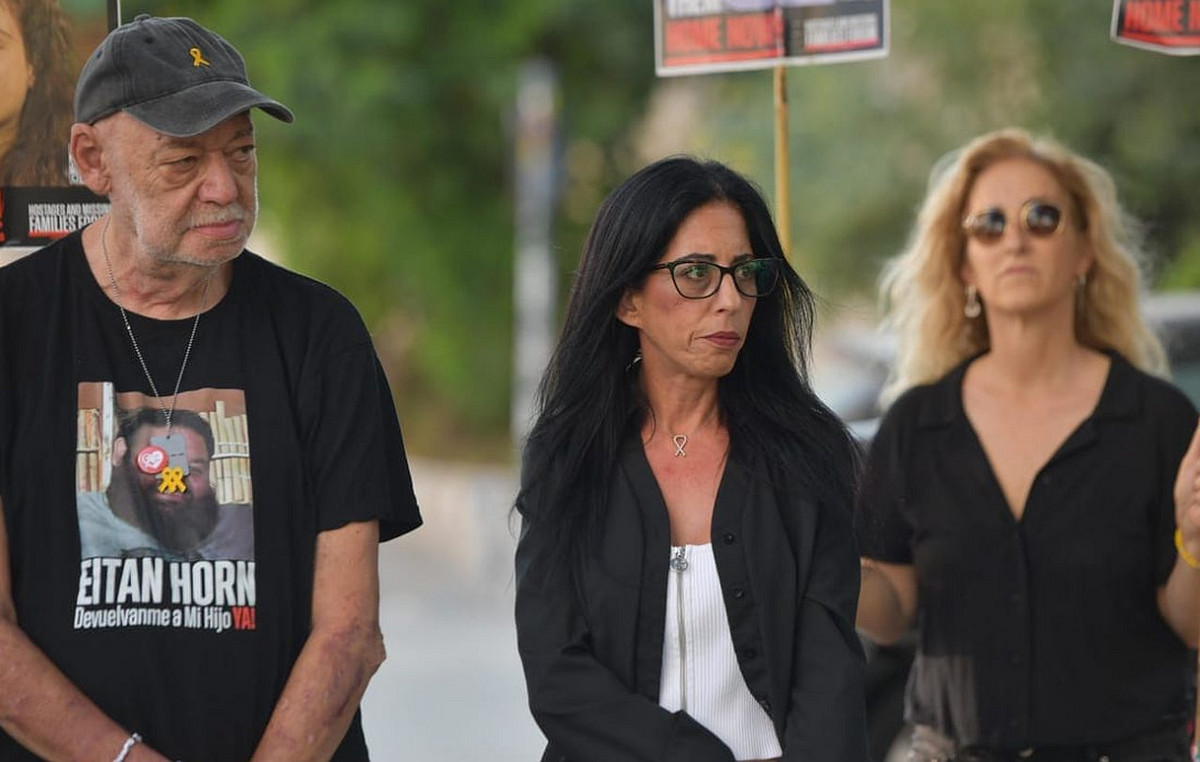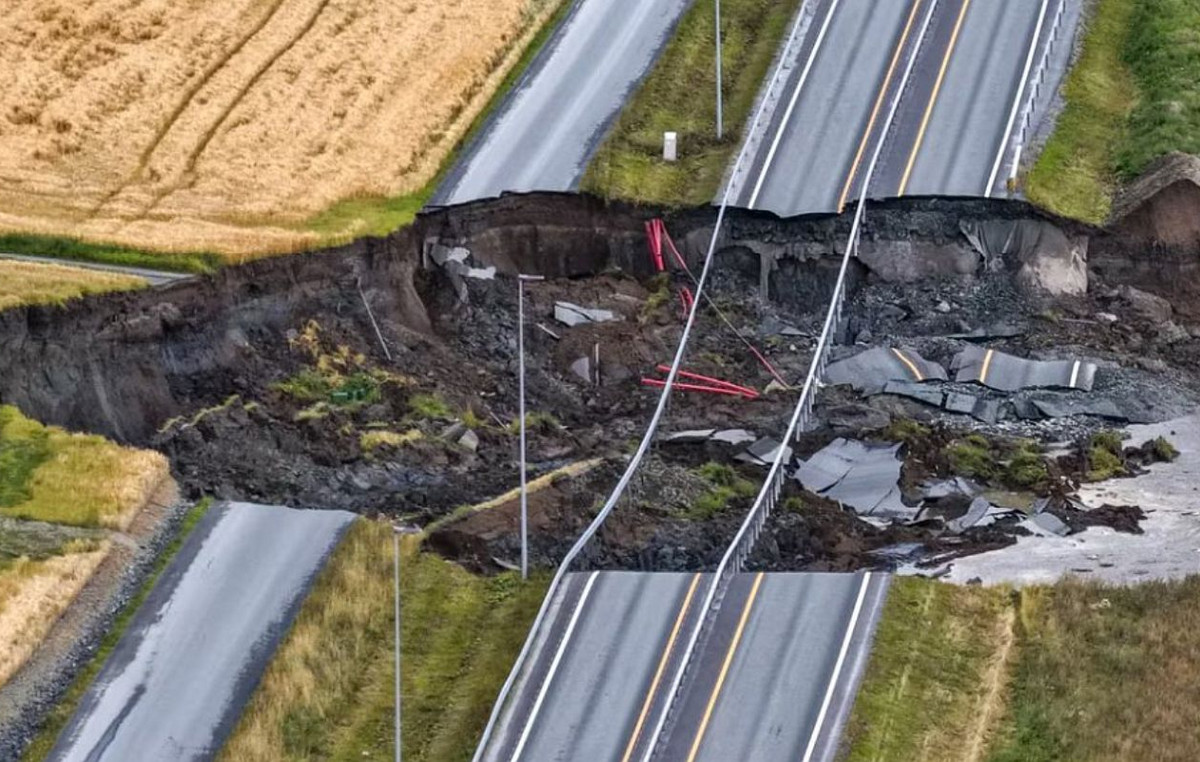The rapidly escalating conflict between Israel and Hezbollah in Lebanon is further threatening U.S. President Joe Biden’s efforts to de-escalate tensions in the Middle East. The options for securing a ceasefire and hostage agreement, Biden’s top priority in recent months, are dwindling.
As the Democrat prepares to address the United Nations on Tuesday (24), the crisis is overshadowing any attempts by the president to burnish his foreign policy legacy. With no hope of a ceasefire in Gaza in the near term, Biden faces new questions about his approach to the nearly year-long conflict.
White House officials watched with concern over the weekend as recent attacks between Israel and Hezbollah took place. While Biden met with Asia-Pacific leaders in Delaware, the crisis was escalating in a different part of the world. The president and his aides were closely monitoring the situation in Wilmington.
Biden’s aides now view the risk of escalation as serious and real and have been communicating daily with officials in Israel, officials said Monday (23).
“The risk of escalation is real; it has been since October 7th. There are times when it is more acute than others. I think we are in one of those times where the situation is more acute,” said national security adviser Jake Sullivan.
On Sunday (22), Biden said he was concerned about the escalation in the Middle East. But he reaffirmed his view that a ceasefire agreement between Israel and Hamas – which US officials believe would lower temperatures across the region – was still possible.
“We will do everything we can to prevent a wider war from escalating. And we are still pressing on,” he told reporters at the White House.
The US president’s optimism masked dwindling hopes among administration officials that a deal could be reached before Biden leaves office.
The president and his top national security officials have spent the year working to prevent the war in Gaza from escalating into a broader regional conflict, with the northern front with Lebanon their main concern.
Amos Hochstein, a senior White House adviser, has spent recent months working to prevent the opening of a second front in the north, including a trip last week focused on preventing a broader escalation in tensions between Israel and Hezbollah.
However, there have been no high-level phone calls with Prime Minister Benjamin Netanyahu, and Biden is not scheduled to meet with the Israeli leader, who will be in the United States later this week.
Sullivan told reporters on Saturday (21) that while the risk of escalation is “acute,” there are still ways to ease tensions.
“In fact, we believe there is also a different path to achieving a ceasefire and a lasting solution that makes people on both sides of the border feel safe, and we will do everything we can to make that happen,” he stressed.
As world leaders gather in New York for the General Assembly (UNGA) this week, some U.S. officials are concerned the global gathering could further inflame rising tensions in the Middle East, according to two officials.
Concern centers on what countries around the world might say about the conflict as they watch, even though U.S. officials have called for a de-escalation for months and have reiterated that call in recent days.
Typically, U.S. officials see the UNGA as an opportunity to lobby the world behind a major U.S. push — such as supporting Ukraine in the face of Russia’s continued aggression in recent years — making the anxiety the country is feeling this year unique.
U.S. officials are particularly prepared for the possibility of new countries recognizing Palestine as a state. Even if no new countries are added to the effort to recognize Palestine, they are paying close attention to what countries that have already taken the step earlier this year, such as U.S. allies Norway, Spain and Ireland, have to say.
The US will also be watching a speech by Palestinian Authority leader President Mahmoud Abbas and a possible speech by Netanyahu if he attends the meeting, which has yet to be confirmed.
Almost the entire population of Gaza has been displaced amid the new Israeli offensive
This content was originally published in Analysis: crisis in Lebanon could put Biden’s ceasefire efforts at risk on the CNN Brasil website.
Source: CNN Brasil
Bruce Belcher is a seasoned author with over 5 years of experience in world news. He writes for online news websites and provides in-depth analysis on the world stock market. Bruce is known for his insightful perspectives and commitment to keeping the public informed.







